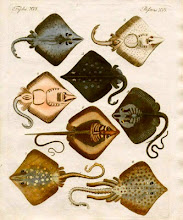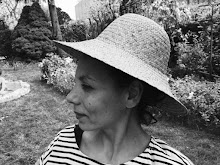Rosemary, as dewy with belief as a child from one of Mrs. Burnett’s vicious tracts, had a conviction of homecoming, of a return from the derisive and salacious improvisations of the frontier. There were fireflies riding on the dark air and a dog baying on some low and far-away ledge of the cliff toward the sky like a mechanical dancing platform, giving the people around it a sense of being alone with each other in the dark universe, nourished by its only food, warmed by its only lights. And, as if a curious hushed laugh from Mrs. McKisco were a signal that such a detachment from the world had been attained, the two Divers began suddenly to warm and glow and expand, as if to make up to their guests, already so subtly assured of their importance, so flattered with politeness, for anything they might still miss from that country well left behind. Just for a moment they seemed to speak to everyone at the table, singly and together, assuring them of their friendliness, their affection. And for a moment the faces turned up toward them were like the faces of poor children at a Christmas tree. Then abruptly the table broke up–the moment when the guests had been daringly lifted above conviviality into the rarer atmosphere of sentiment was over before it could be irreverently breathed, before they had half realized it was there.
But the diffused magic of the hot sweet South had withdrawn into them–the soft-pawed night and the ghostly wash of the Mediterranean far below–the magic left these things and melted into the two Divers and became part of them. Rosemary watched Nicole pressing upon her mother a yellow evening bag she had admired, saying, “I think things ought to belong to the people that like them” – and then sweeping into it all the yellow articles she could find, a pencil, a lipstick, a little note book, “because they all go together.”
Tender is the Night; F. Scott Fitzgerald; pg. 44
Subscribe to:
Post Comments (Atom)




No comments:
Post a Comment